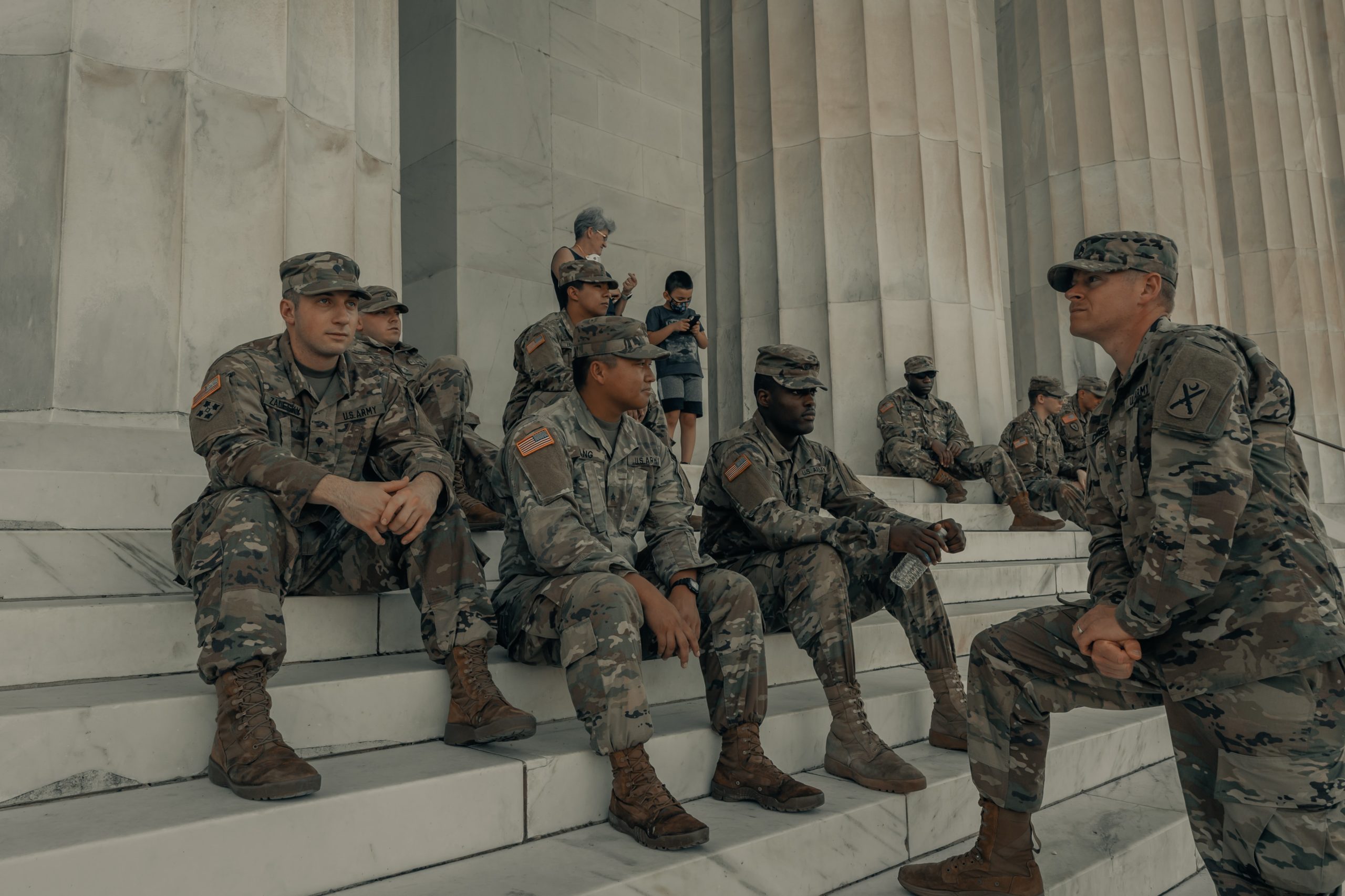Fond of attacking windmills of their own design, Republicans are taking aim at the US military’s diversity, equity and inclusion efforts. As reported in the New York Times, Defense Secretary Lloyd Austin III has, among other things, ordered an examination of extremist activity in the ranks and revoked a Trump-era ban on diversity training. Responding to a question from Tom Cotton (R-Arkansas) at a Senate Armed Services Committee hearing, Austin maintained that “[d]iversity, equity and inclusion” are “important to the military now and … in the future.”
For Cotton and like-minded Republicans in Congress, efforts by Austin and the Defense Department to support diversity, equity and inclusion present easy targets. Obsessed by the chimera of “wokeness,” Cotton and others seem to believe that policies aimed at ensuring that opportunities for success in the military are equally available somehow pose a threat to individual service members and, apparently, the nation’s values. Indeed, some, like Florida Representative Michael Walz, have gone so far as to suggest a role for Congress in overseeing the content of educational programs at West Point.
General Austin is doubtless capable of addressing the criticisms and provocations of congressional Republicans. At the same time, the military’s ability to ensure mission-readiness on its own terms may face a greater threat from the US Supreme Court. Just this month, the justices considered whether to review a decision from the US Court of Appeals for the First Circuit, “Students for Fair Admissions v. Harvard College,” upholding Harvard’s affirmative action program. Even if the high court ultimately declines to hear the Harvard case, other challenges to affirmative action policies are working their way through the lower courts, and it seems likely the court will revisit the validity of race-based admissions policies before too long.
The connection between legal challenges to higher education affirmative action and the military’s diversity efforts goes back nearly two decades, to the Supreme Court’s 2003 decision in “Grutter v. Bolinger.” There, the court held that the University of Michigan School of Law had a compelling interest in creating a diverse class of students, and that the use of race as a factor in the context of an individualized review of law school applicants did not offend the constitutional commitment to equal protection.
Military leaders understand that the respect service members have for those higher in the chain of command is only likely to be enhanced to the extent that leaders share affinities with those who will be led.
Diversity in this context is really a means to an end. High-ranking retired officers and civilian leaders of the United States military made this clear in an influential amicus brief submitted in Grutter. They argued that race-based affirmative action programs are essential to the military academies to ensure diversity in the officer corps that will graduate to lead increasingly diverse troops. Quoting liberally from the amicus brief, Justice Sandra Day O’Connor noted that, “[t]o fulfill its mission, the military must be selective in admissions for training and education for the officer corps, and it must train and educate a highly qualified, racially diverse officer corps in a racially diverse educational setting.”
Though O’Connor and the Grutter majority imagined that 25 years on — which is to say, now — race-based admissions policies would no longer be necessary, issues around diversity and inclusion have arguably become even more pressing today. As is true in other institutions, the ranks of service members are growing more diverse. Military leaders understand that the respect service members have for those higher in the chain of command is only likely to be enhanced to the extent that leaders share affinities with those who will be led. In this light, it is not too much to say that consideration of race as a factor in admission to the service academies is necessary to military preparedness and, by extension, national security.
Ironically, national security is an area in which the Supreme Court historically has been deferential to the exercise of military discretion. Such deference continues to be warranted where higher education affirmative action is concerned, so long as educational institutions conclude that a diverse educational experience will best prepare students for their post-graduate careers, including as officers in the armed forces. No less than Congress, we should hope that the Supreme Court is not looking for ways to undermine the military’s own determinations about how best to train its future leaders.
Lawrence Friedman teaches constitutional law and national security law at New England Law | Boston and is the author, most recently, of “Modern Constitutional Law.”





















